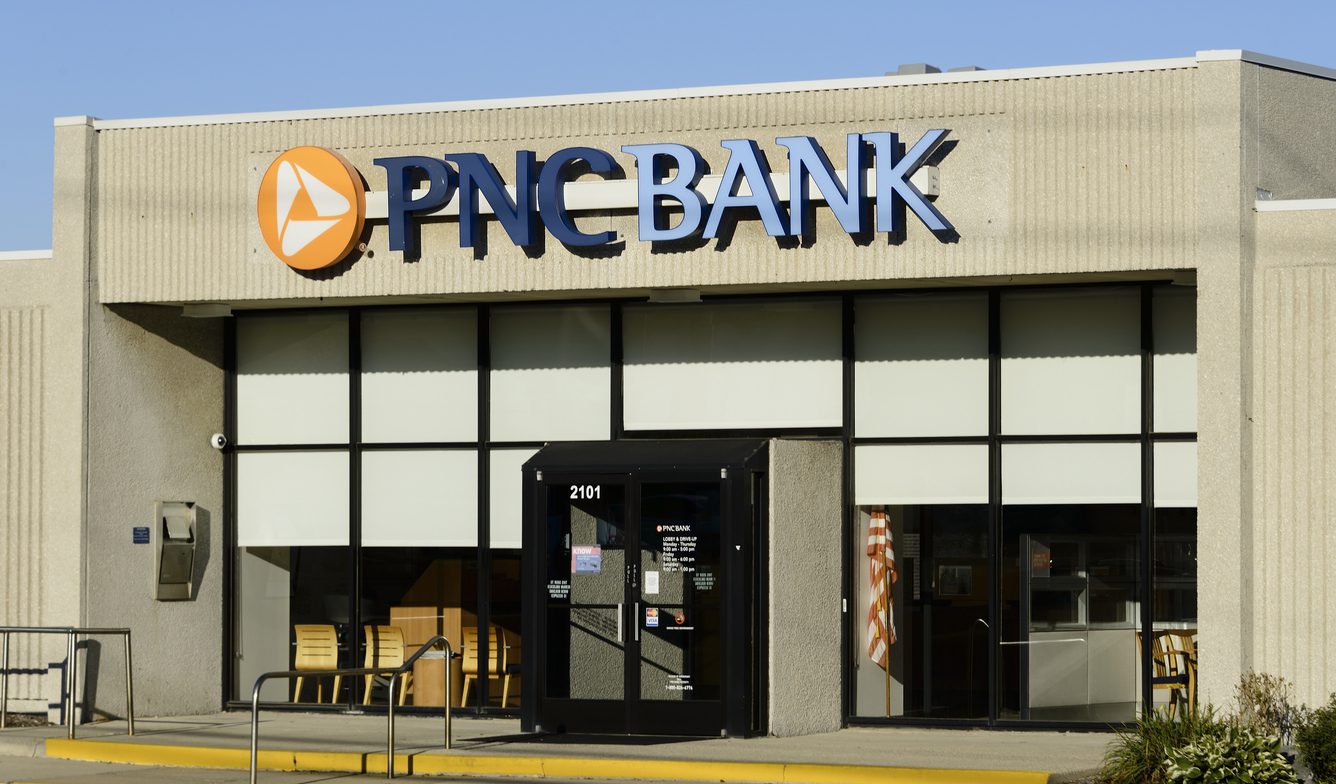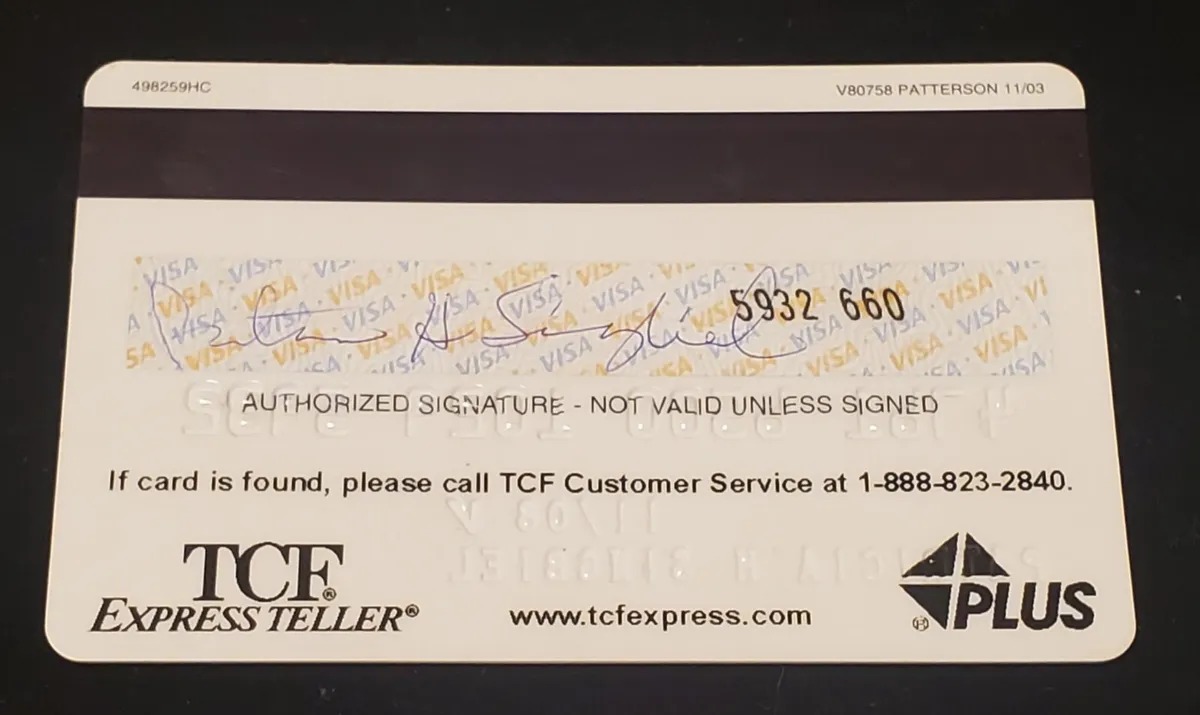Home>Finance>What Happens If I Apply For A Secured Card But Don’t Pay The Security Deposit?


Finance
What Happens If I Apply For A Secured Card But Don’t Pay The Security Deposit?
Published: March 1, 2024
Learn about the consequences of not paying the security deposit when applying for a secured card. Understand the financial implications.
(Many of the links in this article redirect to a specific reviewed product. Your purchase of these products through affiliate links helps to generate commission for LiveWell, at no extra cost. Learn more)
Table of Contents
Introduction
Understanding the Basics of Secured Credit Cards
Secured credit cards are often considered a stepping stone for individuals looking to build or repair their credit. Unlike traditional credit cards, secured cards require a security deposit, which serves as collateral and determines the cardholder's credit limit. This deposit provides a layer of protection for the card issuer in case the cardholder defaults on payments. While the concept of a security deposit is fundamental to the nature of secured credit cards, some individuals may wonder about the potential consequences of not paying this deposit.
It's essential to recognize that secured credit cards are designed to mitigate the risk for both the cardholder and the card issuer. By providing a security deposit, cardholders demonstrate their commitment to responsible credit usage and offer a sense of security to the issuing bank. However, failing to pay the security deposit can lead to various repercussions, including the denial of the card application or adverse effects on the individual's credit score.
Understanding the implications of neglecting the security deposit is crucial for anyone considering a secured credit card. In the following sections, we will delve into the potential consequences of not paying the security deposit, the impact on credit scores, and the legal ramifications that may arise from such actions. By gaining insight into these aspects, individuals can make informed decisions regarding secured credit cards and take proactive steps to manage their financial well-being.
Understanding Secured Credit Cards
Secured credit cards are a valuable financial tool for individuals who are new to credit, have a limited credit history, or are working to rebuild their credit. Unlike unsecured credit cards, which are extended based on the cardholder's creditworthiness, secured credit cards require a cash deposit as collateral. This deposit typically determines the credit limit, providing a level of security for the card issuer in the event of non-payment.
When a consumer applies for a secured credit card, they are essentially entering into a financial agreement with the issuing bank. By submitting the security deposit, the cardholder demonstrates their commitment to responsible credit management. The deposit also serves as a safety net for the issuer, reducing the risk associated with extending credit to individuals with limited or damaged credit histories.
One of the key benefits of secured credit cards is that they offer an opportunity to establish or rebuild credit. Responsible use of a secured card, including making timely payments and keeping credit utilization low, can contribute to a positive credit history over time. This can be particularly advantageous for individuals aiming to improve their credit scores and qualify for unsecured credit cards or loans in the future.
Moreover, secured credit cards function similarly to traditional credit cards, allowing cardholders to make purchases, build credit, and potentially earn rewards. This provides individuals with the ability to experience the convenience and flexibility of credit card usage while working to strengthen their financial standing.
It's important to note that while secured credit cards offer numerous benefits, they also come with responsibilities. Cardholders must adhere to the terms and conditions outlined by the issuing bank, including making the required security deposit. Failing to fulfill this obligation can lead to various consequences, which will be explored in the following sections.
By understanding the fundamental principles of secured credit cards and their role in credit building, individuals can make informed decisions about their financial journey and leverage these tools effectively to achieve their long-term financial goals.
Consequences of Not Paying the Security Deposit
When an individual applies for a secured credit card, they are required to submit a security deposit to the issuing bank. This deposit serves as collateral and determines the card’s credit limit, reflecting the cardholder’s commitment to responsible credit usage. However, if the security deposit is not paid, several significant consequences may arise.
Application Denial: Failing to pay the security deposit can result in the denial of the secured credit card application. The deposit is a fundamental component of the card agreement, and non-payment may signal irresponsibility to the card issuer, leading them to reject the application.
Impact on Credit Building: Not paying the security deposit can hinder the individual’s credit-building efforts. Since secured credit cards are instrumental in establishing or repairing credit, failing to secure a card due to non-payment can delay the improvement of the individual’s credit history and score.
Missed Opportunity for Financial Growth: Secured credit cards offer a pathway to financial growth and the potential to qualify for unsecured credit products in the future. By not paying the security deposit and consequently missing out on a secured card, individuals may delay their ability to access traditional credit cards and other financial opportunities.
Lost Deposit: In cases where the security deposit is not paid, individuals forfeit the opportunity to have their funds serve as collateral for a credit card. This loss can be particularly impactful for those seeking to build credit and may represent a missed chance to utilize a secured card as a stepping stone toward improved financial stability.
It’s essential for individuals to recognize that the security deposit is a critical component of the secured credit card arrangement. By fulfilling this requirement, they demonstrate their commitment to responsible credit management and gain access to a valuable tool for credit building. Failing to pay the security deposit can have far-reaching consequences, impacting not only the individual’s credit journey but also their financial opportunities and stability.
Impact on Credit Score
When considering the impact of not paying the security deposit for a secured credit card, it’s crucial to understand the potential ramifications on the individual’s credit score. Credit scores play a pivotal role in financial health, influencing the ability to secure loans, obtain favorable interest rates, and access various financial products. Failing to pay the security deposit can have adverse effects on the individual’s credit score, impacting their overall creditworthiness and financial standing.
Credit History: The decision not to pay the security deposit can hinder the establishment or improvement of the individual’s credit history. Since secured credit cards are instrumental in demonstrating responsible credit usage, the absence of a secured card due to non-payment can create a gap in the individual’s credit profile, potentially impacting their creditworthiness.
Credit Utilization: Secured credit cards, when managed responsibly, contribute to a healthy credit utilization ratio, which is a key factor in credit scoring models. By not paying the security deposit and obtaining a secured card, individuals miss out on the opportunity to manage their credit utilization effectively, potentially impacting their credit score.
Credit Mix: Having a mix of credit types, such as installment loans and revolving credit, can positively influence credit scores. Secured credit cards represent a valuable component of this credit mix, and not securing a card due to non-payment can limit the diversity of the individual’s credit profile, potentially impacting their credit score.
Credit Building Delay: Failing to pay the security deposit can delay the individual’s credit-building journey. This delay may affect their ability to demonstrate responsible credit management and prolong the time required to establish a positive credit history, potentially impacting their credit score in the long run.
It’s important to emphasize that credit scores are dynamic and influenced by various factors. Failing to pay the security deposit for a secured credit card can affect the individual’s credit journey, potentially impeding their progress in building a positive credit history and achieving a favorable credit score. By understanding the impact on credit scores, individuals can make informed decisions regarding secured credit cards and take proactive steps to safeguard and enhance their creditworthiness.
Legal Ramifications
When individuals apply for a secured credit card, they enter into a legal agreement with the issuing bank. Failing to pay the required security deposit can have legal implications, potentially leading to contractual violations and financial repercussions.
Contractual Violations: Non-payment of the security deposit constitutes a breach of the contractual agreement between the individual and the card issuer. This breach may result in the denial of the card application and could potentially lead to legal actions if the individual’s failure to pay violates specific terms outlined in the card agreement.
Financial Obligations: In some cases, individuals who do not pay the security deposit may be held responsible for any associated costs incurred by the issuing bank. This may include administrative fees, processing charges, or other expenses related to the application process and the handling of the non-payment issue.
Legal Recourse: While the legal recourse for non-payment of a security deposit may vary based on the specific terms and conditions outlined in the card agreement, individuals should be aware that their failure to fulfill this financial obligation could lead to legal actions pursued by the card issuer to recover any potential losses or damages resulting from the non-payment.
Credit Reporting: In some instances, the non-payment of a security deposit may be reported to credit bureaus, potentially impacting the individual’s credit report. This reporting can have implications for the individual’s creditworthiness and financial reputation, underscoring the importance of fulfilling financial obligations, including those related to secured credit card applications.
It’s essential for individuals to recognize that failing to pay the security deposit for a secured credit card can have legal ramifications and financial consequences. By understanding the potential legal implications of non-payment, individuals can make informed decisions regarding their financial commitments and take proactive measures to fulfill their obligations within the parameters of the law and the card agreement.
Conclusion
Secured credit cards serve as a valuable tool for individuals looking to establish or rebuild their credit. However, the decision not to pay the required security deposit for a secured card can have far-reaching consequences, impacting the individual’s credit journey, financial opportunities, and potentially leading to legal ramifications.
It’s essential for individuals to recognize the significance of the security deposit in the context of secured credit cards. By fulfilling this financial obligation, individuals demonstrate their commitment to responsible credit management and gain access to a powerful tool for credit building and financial growth. Failing to pay the security deposit can result in the denial of the card application, hinder credit-building efforts, and delay the individual’s ability to access traditional credit products.
Moreover, the impact of not paying the security deposit extends beyond credit-related concerns, potentially involving legal implications and financial obligations. Individuals should be mindful of the contractual agreements associated with secured credit card applications and the potential legal recourse resulting from non-payment.
Understanding the consequences of not paying the security deposit for a secured credit card empowers individuals to make informed decisions about their financial commitments and credit-building strategies. By recognizing the importance of fulfilling financial obligations and adhering to the terms outlined in the card agreement, individuals can navigate the realm of secured credit cards with clarity and responsibility, leveraging these financial tools to enhance their creditworthiness and achieve long-term financial stability.
In conclusion, the decision to not pay the security deposit for a secured credit card can have multifaceted implications, underscoring the importance of responsible financial management and informed decision-making in the realm of credit building and personal finance.














